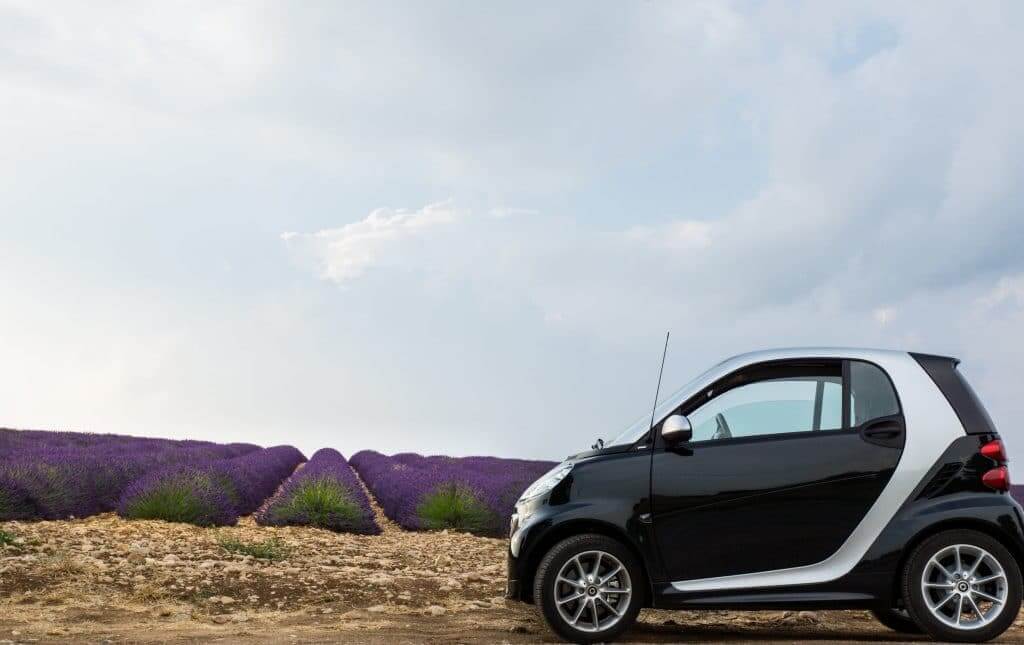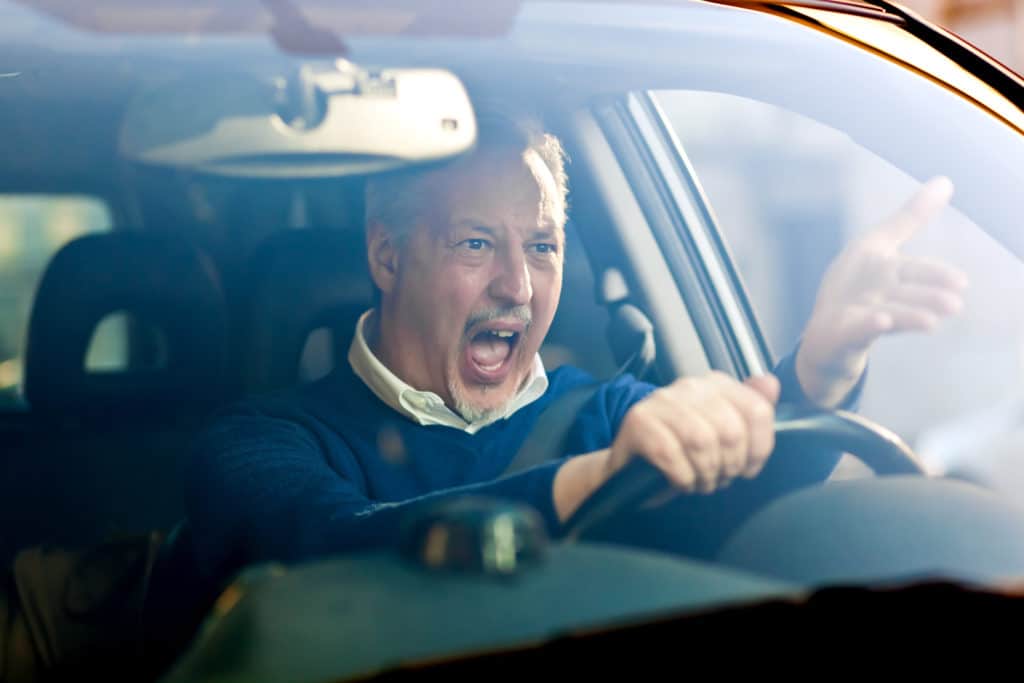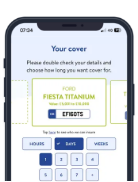Whether you’re a first-time driver or have spent decades behind the wheel, purchasing car insurance can seem like a simple precaution that you probably won’t need to think about till renewal time. We all assume that nothing wrong will happen to us.
But sadly, accidents do happen. And so does car theft and vandalism. Hoping something won’t happen to you won’t stop it happening, but planning for the worst will make sure you’re ready if it does. Insurance is designed to make sure that you and other drivers are protected in all kinds of different circumstances.
You may have never made a claim, and you may never need to. But the odds are that at some point you will, and when that time comes it will certainly help to know exactly what to expect and what kind of information you’ll need to provide. Each insurance claim is unique and different insurers will need different information, but on the whole the claims process is similar, from being involved in an accident to processing a claim.

What to do if you’re involved in an accident
Any time you are on the road an accident is possible, even if it is unlikely. A small bump is usually enough to leave you shaken. And a more serious accident can be very frightening.
No matter what happens – whether it was your fault or another driver’s – you should get in touch with your insurer as quickly as you can. Making sure you and other passengers are safe should be your first priority, but when you know what has happened and you get the chance, you should give your insurer a ring. This will allow them to get started on processing your claim straight away.
What if i was driving another vehicle?
If you’re involved in an accident while driving another car, then you need to be aware of the policy documents. You should look for a clause about ‘driving other vehicles’ within the terms and conditions of your policy as it will tell you whether you can or cannot drive other cars, and what restrictions apply.
You should never get behind the wheel of another vehicle without checking the policy wording first. Young drivers, especially, will be unlikely be allowed to use other cars as they are seen as high risk. Even if a D.O.C clause exists within your policy, it will most likely exclude drivers under 25.
In the unfortunate event of an accident or incident involving your vehicle while insured with Tempcover, our dedicated claims handling team are here to help. Call us on 0333 241 3392.
What details will i need to provide?
As soon as you contact your insurer after an accident, you will be asked to share several key pieces of information. Having them to hand can again save you a lot stress and annoyance when you least need it.
Some things should be easy to get hold of, for instance your name, policy number and the registration of your vehicle. These are simple things needed for admin, as opposed to the details of the specific claim which will be needed by the claims team. Things like photographs of damage, specifics about the location of the accident, and a description of exactly what happened, will probably all be required in order to help you process a successful claim smoothly.
Start by making notes about what happened, and detailing the time, location, weather and people involved in the accident, including details of any witnesses.
You may also want to take photographs of your car, and any other cars involved. It won’t necessarily be easy or what you feel like doing at that moment, especially if you’re shaken up, but you could regret it later if you don’t.
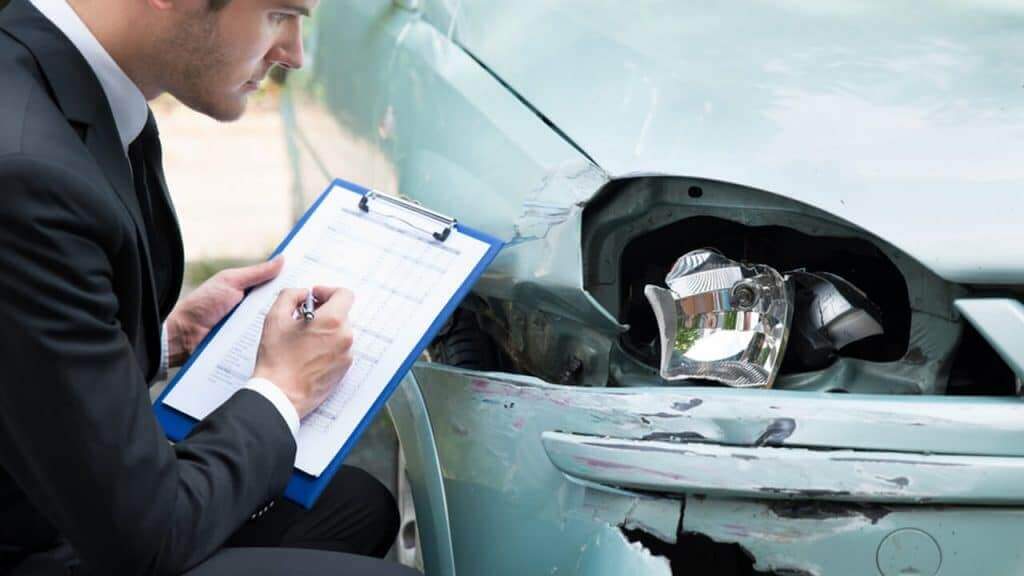
Do I need to call the police?
It’s probably a good idea to call the police and let them know what happened, even if it was just a bump. They can give you a crime number if the other person broke the law, including if they didn’t have insurance, and may be able to help you sort out the aftermath of the accident. Just remember that you need to contact them within 24 hours of the incident.
What do I need to get from the other driver?
Getting details from any other drivers involved is equally important, and will ensure the process runs as quickly and smoothly as possible for everyone. Failing to get their details, if it was their fault, could make it much harder to process your claim properly.
Before you leave the scene, you should try and get hold of:
- The other driver’s name
- Their address
- The registration plate of their vehicle
- Their phone number
- Any car insurance details (such as who they are with and their policy number if they have it)
- Copies of any photos they took of either car
What if I’m not claiming for an accident?
There are lots of reasons why you might want to make an insurance claim for your car, not just having had a road accident. If your vehicle is damaged, vandalised or stolen then you will still want to claim, and still need to let your insurance company know about it as soon as possible. In all three of these situations, you are much less likely to have details of other people involved, but you should still make notes and share as much information as you can with the insurer.
You will also probably need to contact the police and obtain a crime reference number. In this situation, the police will probably begin investigating and you’ll need to feedback any relevant details to the insurance company as they go. Make sure you contact the police within 24 hours of the event to get your report in the system.
It’s important to be as open and honest as possible when speaking to your insurer and the police. Anything you withhold or change could be seen as a fraudulent insurance claim invalidating your existing policy and potentially leading to action from the police.
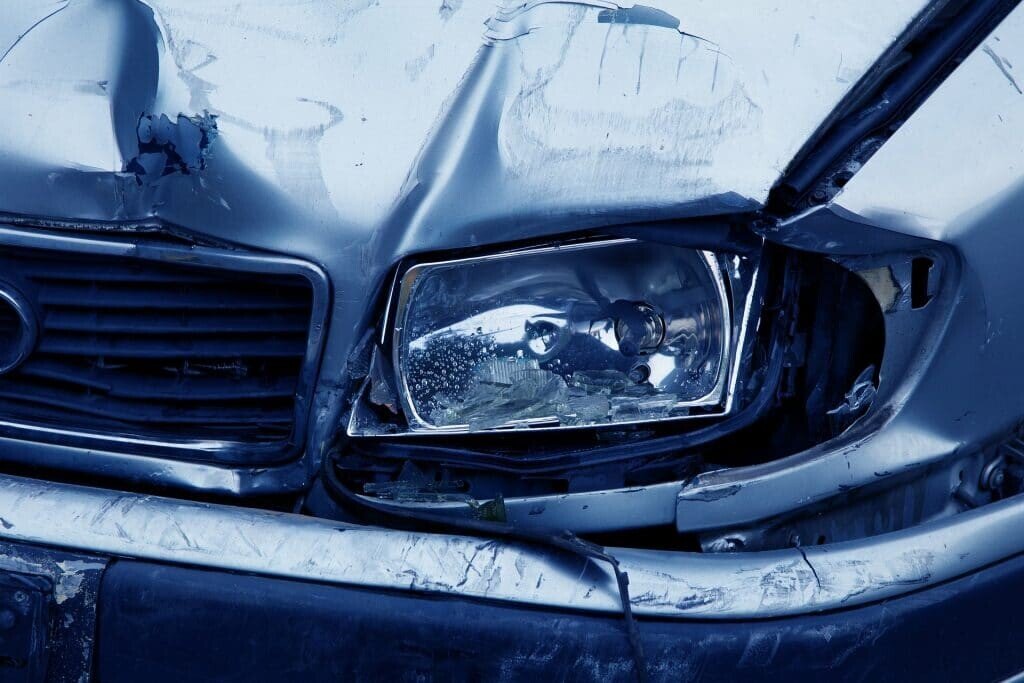
Will I have to pay a policy excess?
Yes. Before your insurer begins processing your payment, you’ll need to pay the excess – the part of the claim you agreed to cover when you first took out the policy.
Sometimes damage to your vehicle might be less than the policy excess. As well as paying more you could lose any No Claims Discount you’ve accrued, not to mention creating additional paperwork and hassle for yourself in the process. It’s important to make sure that you have an excess that you can afford to pay, in the event of a claim. Not being able to cover that amount takes away the peace of mind that insurance provides.
If you decide not to process the repairs as a claim, and just to pay for them yourself, you should still let your insurer know about the incident. Make clear that you are only telling them to keep them informed. If you don’t then you might find your insurance is invalidated down the line for failing to report an accident or damage.
How will a claim affect my policy?
Making a claim could impact on the cost of your insurance in the future, most significantly by resetting your No Claims Discount. Consider the impact of this before you proceed with the claim, as you may prefer to keep the discount for the long-term benefit.
Claiming helps you resolve a situation and cover unforeseen costs, but it will make you seem more of a risk to any insurance companies in the future. But don’t let this put you off. There are still ways to save money in finding the right policy, and you can build your No Claims Discount back up with safe driving over time.
With temporary insurance however, this won’t affect the vehicle owners No Claims Discount. If you’re looking for cheap short time car insurance, then this could be a suitable option for you. While temporary and annual cover may be different, a short term car insurance policy provides you with the same level of comprehensive insurance but for a duration that works for you.


